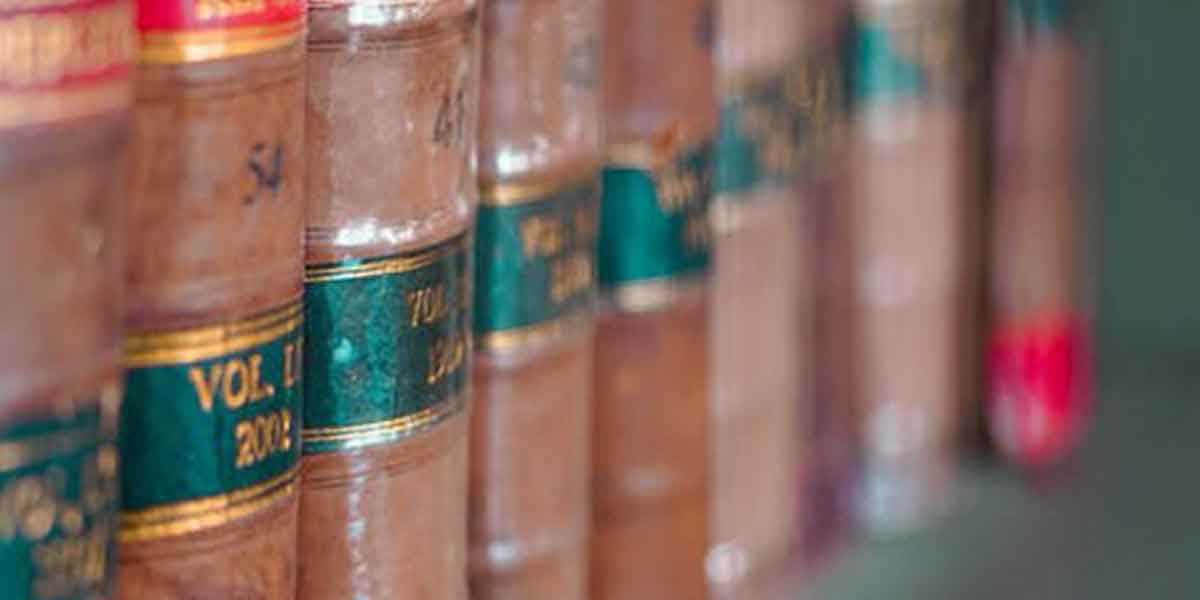It is a common belief that when someone passes away, their assets are transferred to their heirs through the probate process. However, not all assets go through probate. Typically, only assets that are solely owned by the deceased are subject to probate. These assets are distributed among the heirs according to the instructions in the deceased’s will, or if there is no will, the court appoints a personal representative to distribute the assets.
Non-probate assets are those that bypass the probate process and are directly transferred to the heir or beneficiary upon the owner’s death. Owning non-probate assets can save your loved ones from the time-consuming and costly probate process, which can be stressful for families.
Transferring non-probate assets does not incur any taxes or fees, ensuring that your family receives the full value of the assets you leave behind.
Assets Exempt from Probate
1. Jointly Owned Assets
Assets owned jointly do not go through the probate process. Typically owned by spouses, when one owner passes away, the assets automatically transfer to the surviving owner without the need for probate. Even if the deceased specifies in their will that the assets should go to their heirs, the surviving owner retains ownership.
In cases where both owners die simultaneously or the surviving owner fails to designate a new owner, the assets may enter probate. An exception to joint ownership is tenants-in-common, where the deceased owner’s share can be distributed according to their will.
2. Beneficiary Designations
Assets with named beneficiaries, such as bank accounts, IRAs, and insurance policies, bypass probate and are directly transferred to the beneficiary upon the owner’s death. However, certain situations may require these assets to go through probate, such as if the beneficiary predeceases the owner or is incapacitated.
3. Trust Assets
Assets held in a trust are not subject to probate, providing a secure way to protect assets from the probate process. Trusts can ease the burden on family members by avoiding taxes and fees that may reduce the value of the assets.
Conclusion
To spare your family from the stress of probate proceedings, consider owning non-probate assets. By understanding the various ways to avoid probate, you can ensure that your family receives the full value of your assets without unnecessary delays or expenses.




